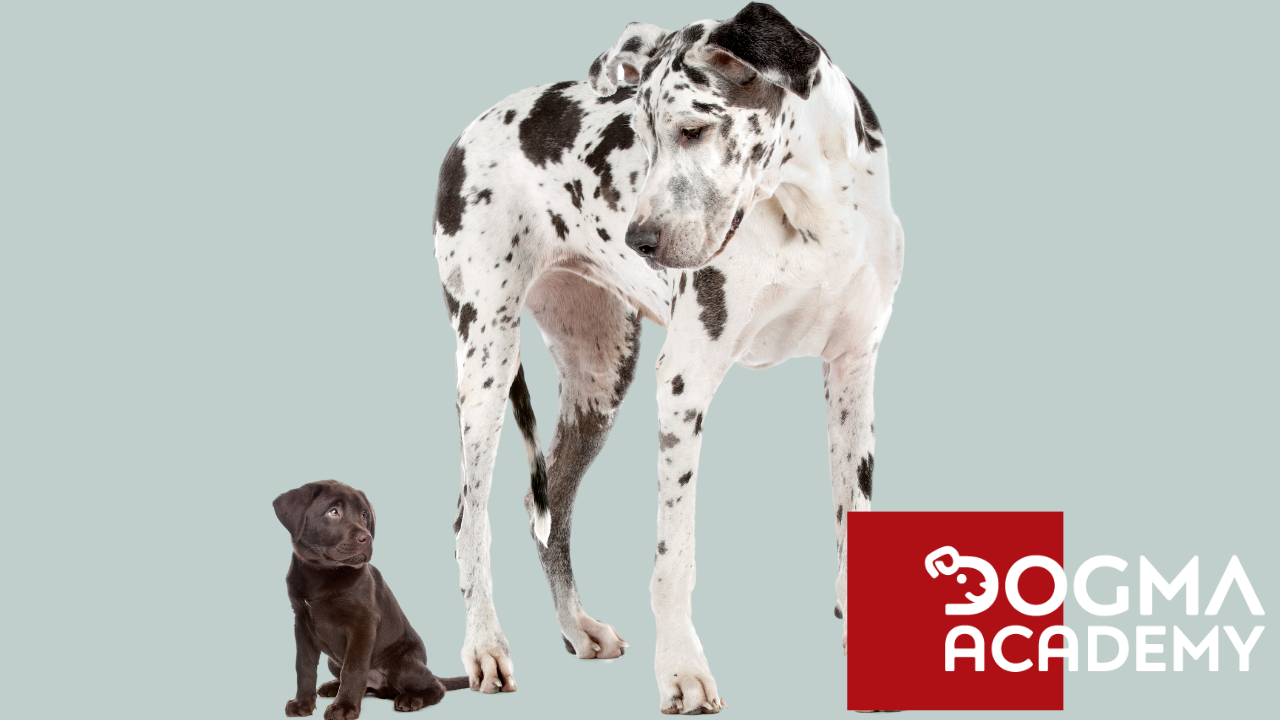Breed Tendencies vs. Breed Bias: Understanding the Impact on Dog Behavior
Sep 24, 2023
As certified dog trainers, one of the most critical aspects of our profession is understanding canine behaviour. This includes recognizing that different breeds may exhibit certain tendencies based on their genetics and historical roles. However, it's equally important to avoid falling into the trap of breed bias. Regardless of the breed, our training protocols for behaviour do not change. In this blog post, we'll explore the concept of breed tendencies, discuss how breed can impact behaviour, and emphasize why breed should never be the sole determinant of a dog's training needs or potential.
The Role of Genetics:
Genetics play a significant role in a dog's behaviour. Certain breeds have been selectively bred for specific traits, such as herding, guarding, hunting, or companionship. These genetic predispositions can influence a dog's temperament and behaviour, but they do not solely determine potential.
Roles and Adaptations:
Historically, dogs were bred to fulfill particular roles. For example, the Border Collie was bred for herding, while the Labrador Retriever was developed for retrieving game. These historical roles often shape a breed's tendencies. Breed tendencies encompass a range of behavioural characteristics, including energy levels, prey drive, sociability, and trainability. Recognizing these tendencies is helpful for understanding a dog's potential challenges and strengths.
Nature vs. Nurture:
It's crucial to acknowledge that a dog's behaviour is not solely determined by genetics. Environmental factors, early socialization, training, and individual experiences also play significant roles in shaping behaviour. Understanding breed tendencies can help trainers anticipate potential behavioural challenges and prevent these through early intervention.
The Danger of Breed Bias:
Breed bias involves making assumptions about a dog's behaviour based solely on its breed or appearance. Stereotyping can lead to misunderstandings and misjudgments, which may negatively affect a dog's welfare. Every dog is unique, even within the same breed. Breed tendencies offer general guidelines but cannot account for the vast individual variations in behaviour, temperament, and personality. Breed bias can hinder effective training. Trainers who rely on stereotypes may miss the opportunity to tailor their methods to suit the specific needs of each dog and help them reach their full potential.
The Universal Principles of Dog Training:
Effective dog training is based on universal principles of positive reinforcement, clear communication, and consistency. These principles apply to all dogs, regardless of their breed. To provide the best training experience, trainers must assess each dog's unique personality, behaviour, and history. This assessment should guide the development of a personalized training plan.
Understanding breed tendencies is a valuable tool for dog trainers, but it should never be a substitute for recognizing the individuality of each dog. By embracing universal training principles and customizing training plans to meet the unique needs of every dog and family, certified dog trainers can provide effective and compassionate training that respects both breed tendencies and the individuality of their furry clients.
Above all, behaviour is situational and is not solely determined by a dog's breed, size, or appearance. Numerous studies have been published on the relationship between breed and behaviour, as can be found here. Consistently, research indicates that less than 9% of specific traits can be attributed to breed, and there are no traits specific to a single breed of dog, as published. Dispelling stereotypes based on breed is the responsibility of every responsible trainer. It is essential to better inform the public and avoid discouraging potential pet parents based on breed when deciding to add a dog to their family. Instead, the focus should be on the individual characteristics of the dog to ensure a successful match for their home.

